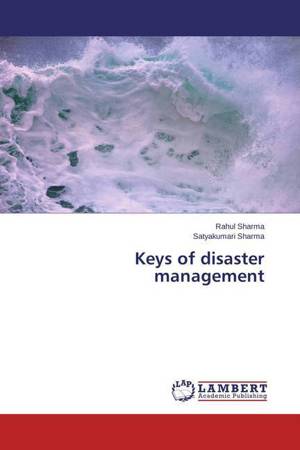
- Afhalen na 1 uur in een winkel met voorraad
- Gratis thuislevering in België vanaf € 30
- Ruim aanbod met 7 miljoen producten
- Afhalen na 1 uur in een winkel met voorraad
- Gratis thuislevering in België vanaf € 30
- Ruim aanbod met 7 miljoen producten
Zoeken
Omschrijving
The media forges a direct link between the public and emergency organizations and plays a very important role in disseminating vital information to the public before, during and after disasters. The media assists in the management of disasters by educating the public about disasters; warning of hazards; gathering and transmitting information about affected areas; alerting government officials, relief organizations and the public to specific needs; and facilitating discussions about disaster preparedness and response for continuous improvement. To help the media fulfill these roles, direct working relationships between the media and disaster management organizations should be established and maintained. Experience shows that regular interactions with the media before a disaster strikes, aids the effective flow of information and lays the groundwork for effective working relationships in the aftermath of a disaster.
Specificaties
Betrokkenen
- Auteur(s):
- Uitgeverij:
Inhoud
- Aantal bladzijden:
- 80
- Taal:
- Engels
Eigenschappen
- Productcode (EAN):
- 9783659787928
- Verschijningsdatum:
- 2/10/2015
- Uitvoering:
- Paperback
- Afmetingen:
- 150 mm x 220 mm
- Gewicht:
- 127 g

Alleen bij Standaard Boekhandel
+ 79 punten op je klantenkaart van Standaard Boekhandel
Beoordelingen
We publiceren alleen reviews die voldoen aan de voorwaarden voor reviews. Bekijk onze voorwaarden voor reviews.








